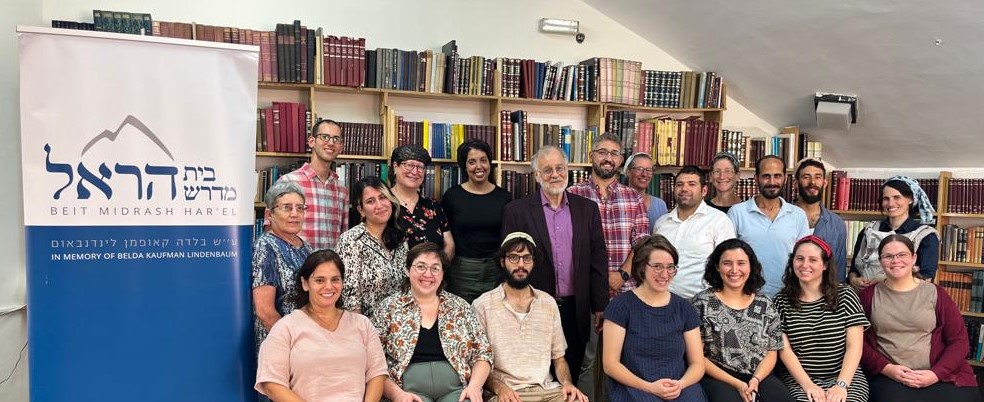The Jewish narrative is forever entangled with ancient Egypt. That entanglement continues to challenge us.
An Organic Entanglement
Our Sages expand the narrative from a historic encounter to an organic mother-child relationship.
Or has God ever tried to go and take for himself a nation from the very bowels of another nation […]? (Deut. 4:34) – As one who extracts a fetus from the womb of a cow. (Mekhilta Beshalah)
The image of blood on the passageways and of the people emerging from the breaking waters of the sea, is a powerful image of birthing. Egypt is portrayed not as the familiar historical oppressor but as a woman in the midst of a violent birth. Egypt is the womb in which the Israelites gestated. The portrait which the Sages are painting is not one of a mere historical encounter but of an intimate organic connection.
Under the best of circumstances severing the bond between the infant and the mother is a complicated business. This is even more the case when the mother is abusive and cruel where love and loathing are intermingled as were the primordial light and darkness.
How do we emerge?
So, how do we understand and emerge from what could be called, “The Egyptian Entanglement?”
The key lies in how the following verse is interpreted.
[…]and the children of Israel went out with a high hand. (Ex. 14:8)
Onkelos deviates from the straightforward meaning of the Torah text by translating “a high hand”, be yad ramah, as reish galei –” heads held high.”
The key to understanding the differing connotations of “a high hand” as opposed to “heads held high” is in the Targum Yonatan on the same verse. He translates, “With a raised hand overcoming the Egyptians.”
The high hand is raised against Egypt.
Rabbi Mordechai Yosef of Ishbitz (1800 – 1851) explains that, in contradistinction to the raised hand, the head held high indicates that the freedom which the Israelites experienced was “not against others with pride and a feeling of superiority rather they felt as free people without fear of any man”. (Mei Hashiloah, Beshalah)
I would like to unpack this teaching of the Mei Hashiloah.
There is a danger that the people, because of the trauma of their slavery would not properly separate from the abusive environment in which they developed. It is very tempting to adopt a stance of victimhood and self-righteousness. Together, these characteristics seem to grant the moral high ground. In fact, adopting a posture of victimhood and allowing it to fashion the personality and the lens through which one views the world around them is very destructive. Too often the victim turns into the victimizer. The abused becomes the abuser. Undoubtedly, the Israelites suffered terrible injustices at the brutal hands of their Egyptian masters. However, to adopt the role as ‘victim’, when the post slavery era did not justify it, would in a sense perpetuate the slavery. Their “freedom” would be no freedom at all; it would be slavery in a different form. Their experience would be oriented back towards their oppressors – it would be a reaction to Egypt. R. Mordechai Yosef beckons us to infuse positive content into our freedom.
The Challenge Today
Rousseau famously wrote, “Man is born free and everywhere he is in chains. Those who think themselves masters of others are indeed greater slaves than they.” Freedom for all people begins with an attitude of freedom. For the Jews, freedom required a paradigm shift away from powerless victim to empowered servants of God joined together by a cosmic destiny.
The challenge our ancestors faced back then is analogous to the situation which we, especially those of us who live in Israel, encounter today. To what extent will we allow our Galut experience, especially recent Jewish history, our own “Egyptian Entanglement,” orient us? Can we adopt a healthy even-keeled reading of our situation?


